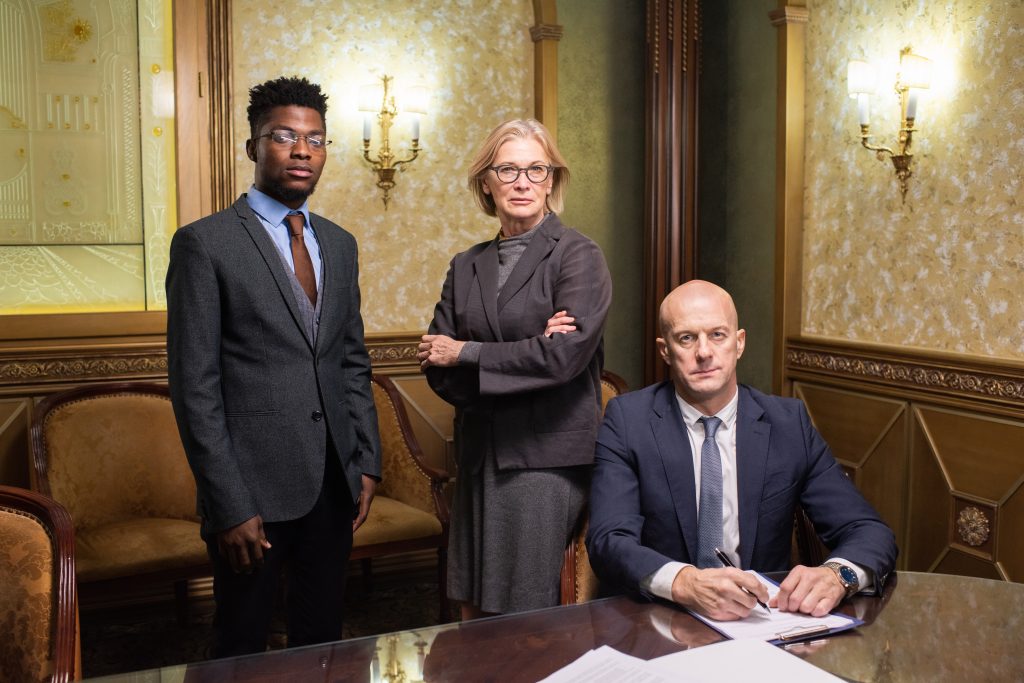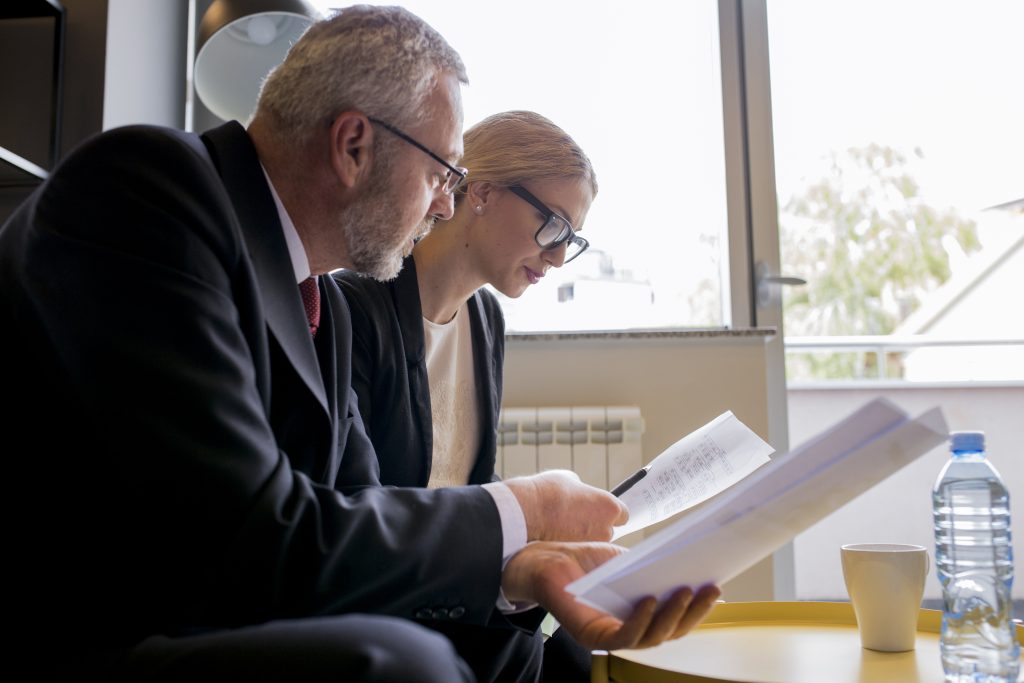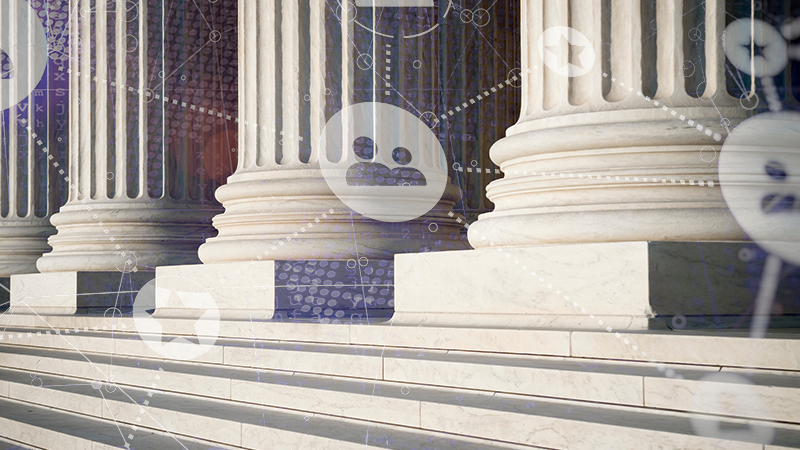Expert witnesses are essential parts of the court process, with their testimony providing valuable insight into legal cases. Prepare to be a credible and qualified witness by understanding what it takes to become an expert witness and how to successfully testify in court.

Understand the Types of Expert Witnesses.
Expert witnesses can play different roles in the court process, based on what type of expert they are. There are four types: an expert by knowledge, experience, education, or qualification. These roles vary greatly and it is important to understand the distinctions between them so you know the best approach to take when testifying as an expert witness in court.
Work with Lawyers Before Testifying in Court.
Before you take the witness stand as an expert witness, it is important to work closely with the lawyers. They will provide you with guidance and instructions on what type of information they need from you and how to present it in an effective way that strengthens their case. The more prepared you are, the better chance your testimony will have a positive impact in the court proceedings.
Present Yourself Professionally During Testimony.
When testifying as an expert witness, you are representing your profession and the case of the attorneys. Make sure you dress appropriately and present yourself in a professional manner. Speak clearly and project confidence by choosing your words carefully. Take your time to answer questions in order to avoid any misunderstanding or confusion that could tarnish the effectiveness of your testimony.
Have Proper Documentation Ready During Testimony.
When expected to testify in court, it’s important to practice and review the facts of your testimony before entering the courtroom. Have all required materials ready, such as any supporting documents including photos, graphs, or transcripts. If you have prepared a report or other evidence present your findings in an organized manner that is easy for everyone to understand. Also, always remember to bring any additional documents requested by the attorneys for proof of certifications or credentials.








